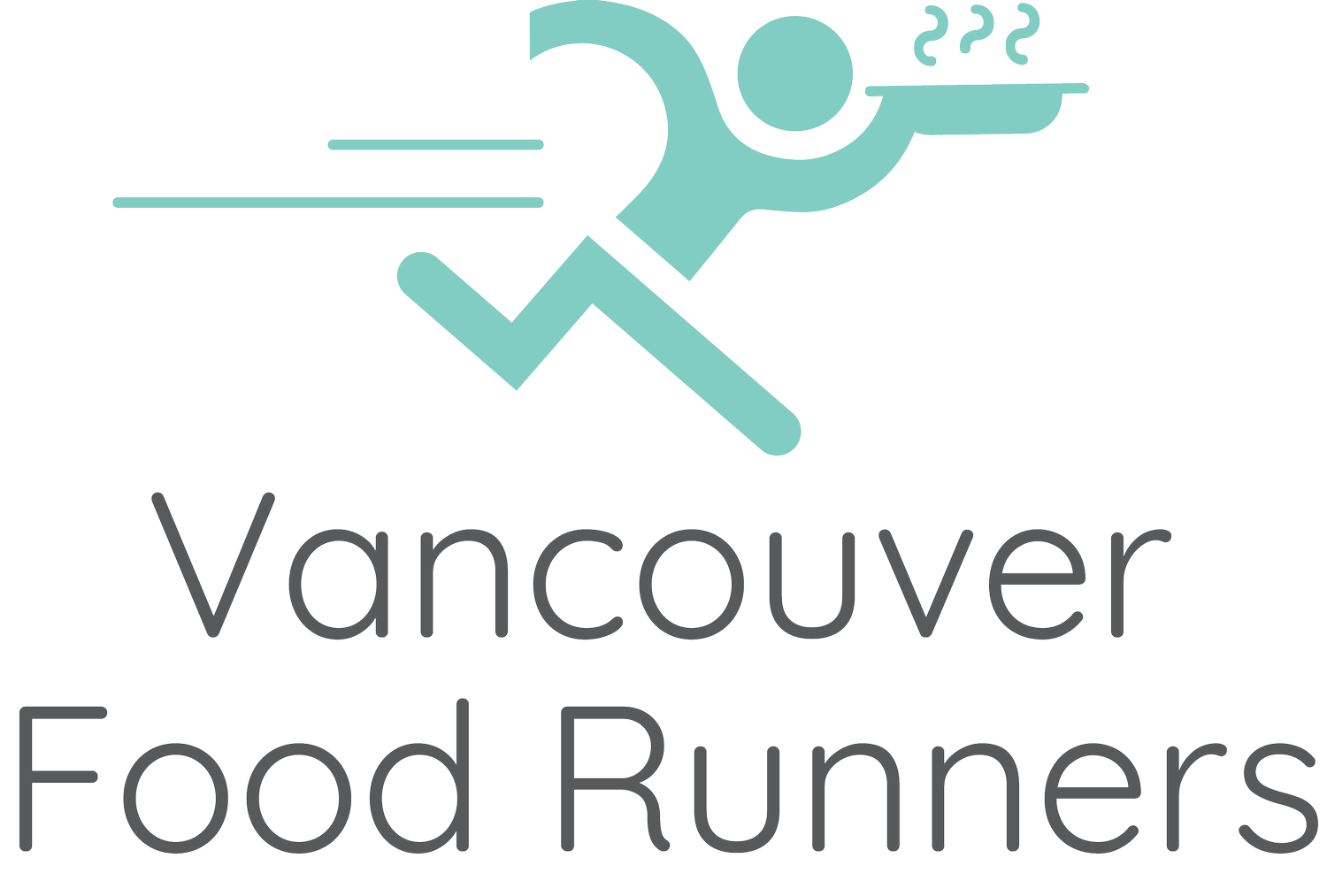Nathaniel Clarke
VFR: Nathaniel, tell us about yourself and why you were inspired to organize a volunteer day with Vancouver Food Runners (VFR) for you and your classmates at St. George’s School.
Nathaniel Clarke: I completed my first VFR food rescue earlier this year with my mom and sister. VFR makes it easy with their app. We signed up for a weekly rescue and volunteering with VFR became a part of our routine. With food insecurity becoming more prevalent due to rising food costs and inflation, it made me realize how important VFR is for many Vancouver residents. Our weekly food rescue provided me with a new perspective on the issue of food waste, and I was inspired to find more ways to help.
Knowing that many students at St. George’s School would be keen to volunteer, I began looking for ways to involve other students. The idea was to complete a food rescue in a larger group. Due to the large number of volunteers, we were able to increase the scale of the food rescue. Ultimately, we were able to repurpose thousands of pounds of food that would have otherwise gone to waste. I’m hoping to organize another school event in the future, as I believe that this is a great way for students to give back to the community.
VFR: Please share about your student volunteer experience with VFR. What were some of the key learnings from that day? What surprised you the most?
NC: Over the course of the day, our group completed two separate food rescues. After the completion of these food rescues, we were given a tour of the DTES Food Distribution Hub. With 11 students on hand and a school bus available to us, we were able to handle a very large amounts of surplus food. We were also able to move the food efficiently by creating snake lines and handling the food in groups.
One thing I learned is that there are lots of opportunities to get involved in reducing food waste. As VFR is able to connect food donors to nonprofit organizations, all that is left to do is to transport the food from point A to point B. With all of the available food rescues on the VFR app, getting involved is made incredibly easy.
What surprised me the most was the sheer amount of surplus food that certain food businesses had for us. Our first pick-up was from a produce wholesaler, and they supplied us with hundreds of fresh fruits and vegetables.
It’s difficult to fathom how much waste would have been produced if not for our group of students and VFR. This experience gave me an insight into how much food is actually wasted in our community and how it is important to get it into the hands of those in need.
VFR: According to Second Harvest, 58% of food produced in Canada is wasted or lost each year. This is a staggering statistic. Did you know anything about the magnitude of food waste and loss in Canada prior to volunteering with VFR? As you learn more about food waste, what are some key points you wish more people would know about this issue.
NC: Prior to volunteering with VFR, I had no idea that restaurants and grocery stores were capable of producing such high quantities of waste. I feel that the average person understands that food waste exists but is not aware of how serious a problem it is.
There are many reasons that restaurants produce excessive amounts of food that cannot be sold to their customers. If restaurants are not able to sell their products, this does not necessarily mean that the food has gone bad and that people are unable to eat it.
Perfectly good food is going to waste even when many Vancouver residents are experiencing food insecurity. Food businesses need to reduce their overall food waste, and then ensure that any remaining surplus is donated. This is why VFR is so important!
VFR: Research has shown that youth think a healthy, sustainable environment should be a top priority for governments. What sorts of conversations are happening among your peers on this topic? And how are you seeing young people take action on environmental issues?
NC: Environmental issues are highly talked about among my peers at school. In social studies class, students are able to share their views on these topics through discussions and writings. At the start of each class, students are asked to share one recent event that is circulating in the news. These events often include environmentally related issues, and this tradition keeps students up-to-date with what is happening in the real world.
VFR: Sometimes young people might feel like they don’t have the power to change things, but can you suggest some actions that every person – whatever their age! – can take to reduce their environmental footprint.
NC: I think if people focus on the little things that over time they will make a difference. More specifically, it is important to focus on reducing waste and emissions around the house. If possible, get into the habit of hanging clothes instead of putting them through the dryer, or turning off the lights when leaving a room.
Additionally, try to use reusable items as opposed to single use items and ensure that you are recycling and composting as much as possible. If everyone started to make slight adjustments in their daily routines, we would be able to greatly reduce our environmental footprint as a society.
Be the first to read our E-newsletter
Subscribe to our bi-weekly newsletter that arrives to your email inbox every other Saturday!

